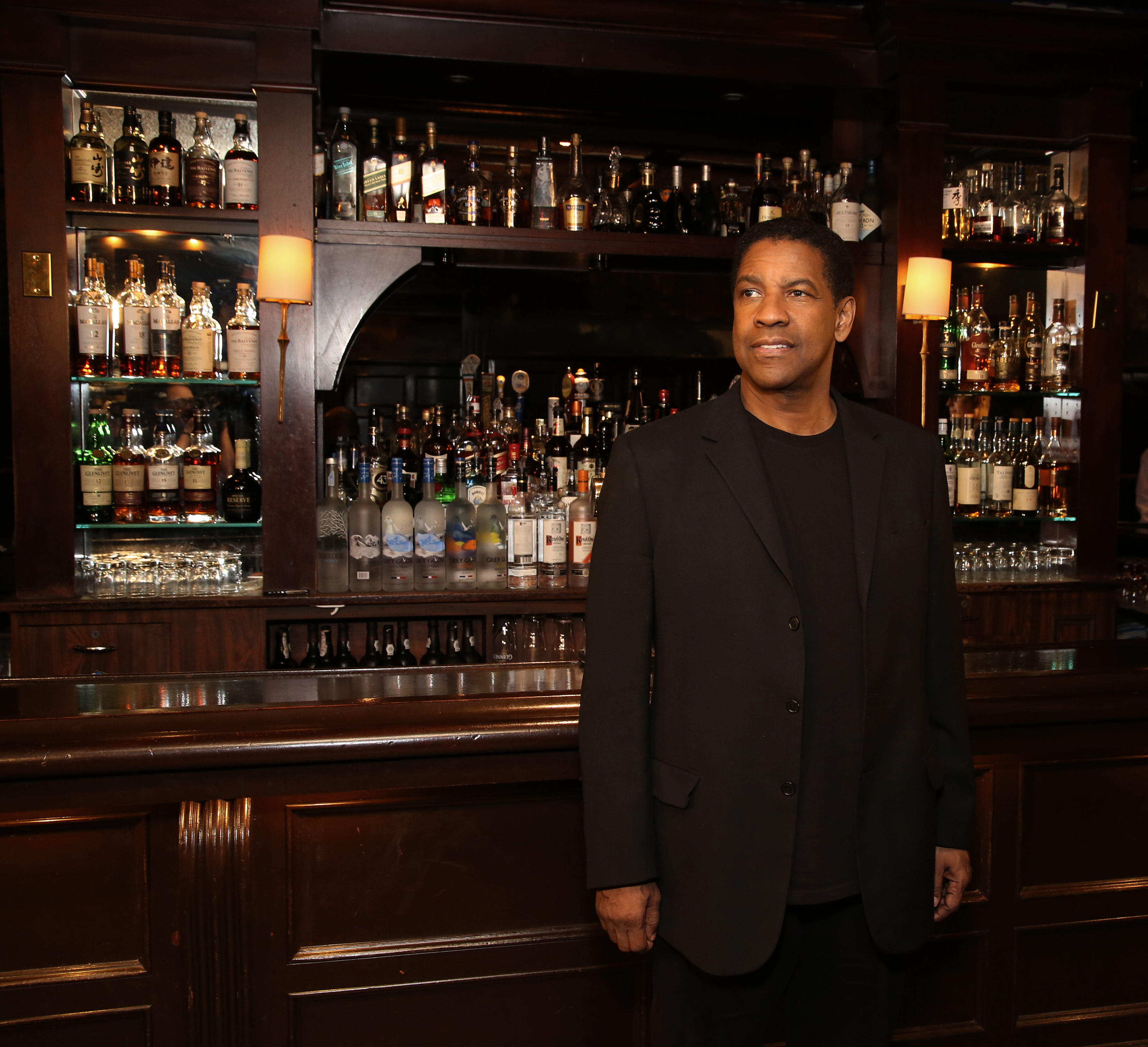
Source: Walter McBride / Getty
Denzel Washington has carved a space for Black men in entertainment with such precision that his legacy lives on through the entirety of the culture. It’s only right that The New York Times journalist Phillip Galanes invited him to sit down in conversation with one of the most influential Black actors of our time: Michael B. Jordan.
Check out some of the highlights of the conversation below.
1 Jordan considers Washington’s career a motivation
Jordan said the first time film critics wrote that his performance in Fruitvale Station reminded them of a young Denzel Washington, “it was a big highlight.”
“I wanted to pop up on Denzel’s radar,” he said. “He’s the OG. If I could get recognition from him, I know I’m going down the right path, you know?”
2 Washington’s powerful reason for never starring in a superhero movie.
In the conversation about Jordan’s roles in Fantastic Four and Black Panther, Galanes asked Washington why he didn’t take on any roles as a superhero.
Washington had a simple answer: “Nobody asked.”
This only further highlighted the necessity of Black Panther as a film in its entirety.
3 Jordan almost didn’t star in Fahrenheit 451.
In talking about his new role as Guy Montag in HBO’s adaptation of classic Fahrenheit 451, he talks about how he almost didn’t take the role.
“I didn’t want to play an authority figure — especially with what’s going on with the police in my community,” he told Galanes. “I didn’t want to play an officer who was oppressing people. But then I had lunch with the director [Ramin Bahrani], and he talked me through his vision, what the movie would be about. And slowly, I changed my mind.”
4 Washington talks about the consistency of violence against women in response to the #MeToo movement.
Washington interrupted Galanes as he began to ask the question about “men in power who have done ugly things” to say that this is a problem the world has always had.
“No, we’re not ‘living in a time right now,'” he said. “It’s always been this way, from the beginning of time. Now it’s just on the news cycle every 15 seconds.”
5 Both see themselves as being in the service business instead of entertainment.
“I’m here to serve God, my family and young people of color in our business,” Washington said. “I talked to Ava this morning. Now, Mike knows more about what it’s like for younger folks today. There were no Black superheroes when I was growing up. I’m passing the baton.”
Jordan agreed, saying he wants to create opportunities for people.
“That’s super important to me,” he said. “No matter what community we’re talking about. Everybody should be in a position where they can win.”
















